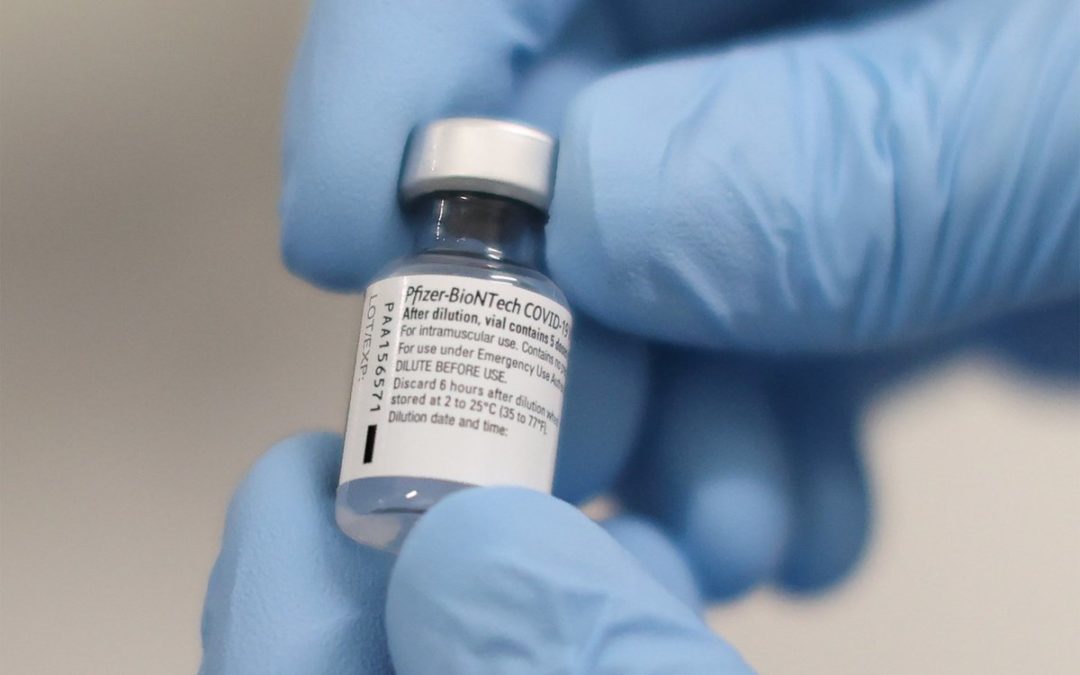In December the Pfizer-BioNTech and Moderna mRNA COVID-19 vaccines were approved by the FDA for distribution around the country. Since the rollout began there have been a few reports of individuals experiencing allergic reactions. With all vaccines, there are always concerns regarding different types of allergies, how they associate with the vaccine, and who should consult with an allergist before receiving the vaccine.
What is a vaccine allergy?
People can be allergic to vaccines just like other medications or antibiotics. Unlike these however, vaccine allergies are rare. An allergic reaction to a vaccine usually begins within minutes of the vaccination and symptoms are the same as other allergic reactions, which can include skin symptoms like hives and itching, respiratory symptoms like coughing and wheezing, or severe symptoms like shortness of breath, which may be a sign of anaphylaxis.
“Anaphylaxis to vaccines should be evaluated with skin tests to the vaccine and its components. If the skin test results are negative, subsequent doses can be administered in the usual manner under observation.” -Dr. Latall
Who should speak to a doctor before receiving the COVID-19 vaccine?
We recommend an allergy consultation for patients with any of the following:
1. Prior history of vaccine allergic reactions, such as hives, rashes, itching, swelling, difficulty breathing, chest tightness, or anaphylaxis
2. History of allergic reactions to polyethylene glycol (PEG) or polysorbate
3. Anaphylaxis with an unknown cause
4. Any other anaphylaxis history
What if I have other types of allergies?
If you have a history of other types of allergies, the CDC considers a precaution, but not a reason to avoid being vaccinated. People with allergies to medications, foods, environmental substances, insects and latex have the same risk of an allergic reaction to the vaccine as the rest of the general population. Patients with a history of anaphylaxis are advised to be observed for 30 minutes after vaccination.
What are signs that I’m having an allergic reaction to the vaccine?
People who receive the COVID-19 vaccine should be observed for 30 minutes after the injection because anaphylaxis reaction can progress quickly and early recognition of signs and symptoms is vital for proper treatment. The most common symptoms of anaphylaxis include:
- Skin reactions like hives, swelling, and itching
- Respiratory symptoms like shortness of breath, chest tightness and wheezing
- Sensation of throat-closing
- Gastrointestinal symptoms like nausea, vomiting, or diarrhea
- Cardiovascular symptoms like dizziness, fainting, fast heart rate and low blood pressure
- Neurological symptoms like anxiety, confusion, and sense of impending doom
“I want to emphasize if you have any questions or concerns about the COVID-19 vaccines, or unsure of your own allergy history, please contact Premier Allergy, Asthma & Sinus Care for a consultation.”




